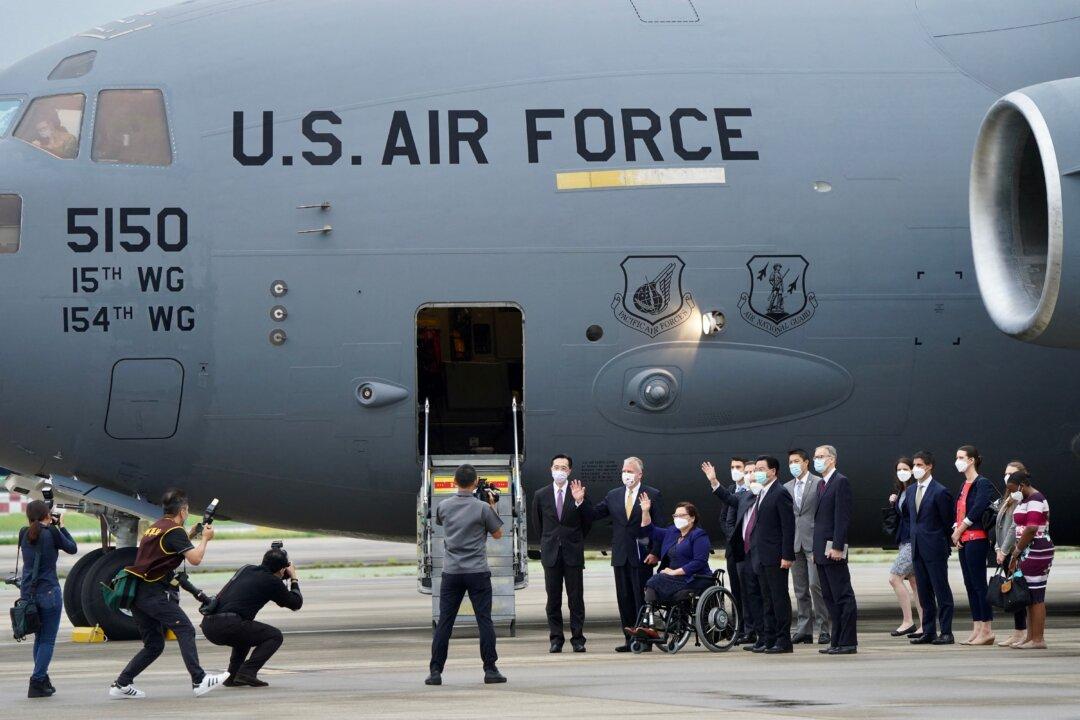Commentary
Over the last few days, the European Union, Japan, the United States, Australia, and Britain made statements about increasing support to the Republic of China (Taiwan). While the declarations and resolutions have ostensibly not been coordinated, other than those by Australia, the United Kingdom, and the United States announcing a new AUKUS alliance, they will appear that way from the perspective of China. Regardless, democracies should better coordinate and accelerate their support to Taiwan, in order to fully deter Beijing’s growing belligerence toward the island democracy.





